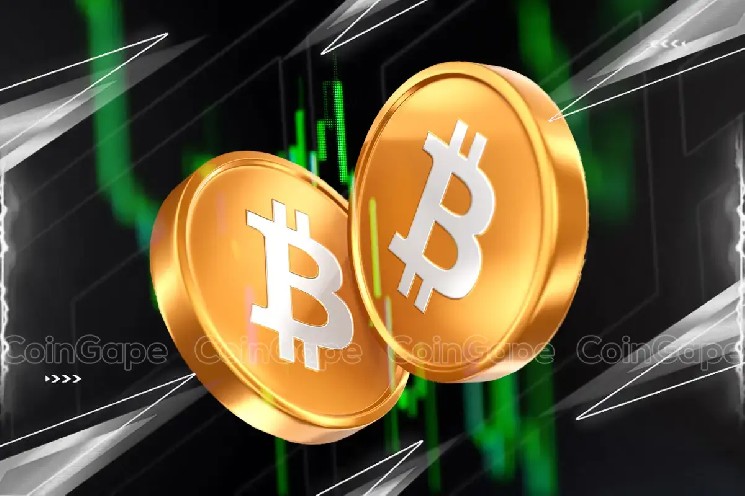Tokenization has been presented as the next innovation in the financial market, including cryptocurrencies. However, according to industry leaders, this could reshape how the market defines public and private companies.
Concerns about the wave of new tokenized stocks could activate or exhaust the altcoin market.
Experts Discuss Impact of Tokenized Stocks
According to Vlad Tenev, tokenized stocks are the biggest innovation since 2015. The Robinhood CEO says retail investors should have equal access to private stocks in a space dominated by venture capital (VC) and institutional funds.
Tenev emphasized the inevitability of tokenized real-world assets (RWA), particularly stock offerings. He notes that demand for EU-compliant tokenized derivatives is increasing despite regulatory uncertainty.
"Tokenization of RWA is inevitable and a natural progression supporting diversity and inclusivity." – Venture partner Alvin Foo quoted Tenev.
However, its impact could fundamentally transform corporate classification.
Bloomberg's Joe Weisenthal speculated that if private stock tokenization succeeds, the market might not distinguish between public and private companies.
Instead, companies could exist on a spectrum of liquidity and disclosure through smart contracts and blockchain transparency. This is not the traditional IPO process.
"If tokenization of private stocks like Robinhood's succeeds, we wonder if we'll talk about public versus private companies in the future. It could be a spectrum of different liquidity and disclosure levels." – Weisenthal shared.
These sentiments align with an economist's observation that tokens could convert private companies to public ones given appropriate scale.
The media suggested that with sufficient market participation and infrastructure, tokens could mimic many public stock functions, and cryptocurrency innovation is undeniable.
"At a large enough scale, tokens would in effect turn private firms into public ones" – The Economist
— Ignas | DeFi (@DefiIgnas) July 31, 2025
Because of this (and other reasons) "the view that crypto has not produced any innovations of note can be consigned to the past"- The Economist concludes.
TLDR: We Won. https://t.co/J8mMFGv7Mm pic.twitter.com/rjmzzXpTZ4
This change is not purely theoretical. Early Bitcoin entrepreneur Charlie Shrem mentioned that tokenized securities might experience dynamics similar to IPOs.
This includes who acquires tokens, the quality of revenue-to-yield relationship, and where tokens are traded.
"The same conditions as an IPO exist." – Shrem said.
These statements suggest that real-world fundamental elements will still play a crucial role in tokenized markets.
Regulatory Concerns: Frictionless or Non-Compliant?
Not everyone is enthusiastic. US Representative Sean Casten warned that the rush towards tokenization could enable raising capital while avoiding regulation and disclosure requirements.
Casten also argued that calling a system "frictionless" is often code for avoiding legal oversight.
19. Which in turn means that a company can raise money from investors through tokens that dodge regulation and disclosure. "Frictionless" is simply a synonym for "avoid regulatory compliance". It ain't a virtue. pic.twitter.com/LW0IoU2pv4
— Sean Casten (@SeanCasten) July 30, 2025
Indeed, the tension between innovation and regulatory compliance remains a central issue. On one hand, tokenization promises 24/7 trading, fractional ownership, and greater global participation.
On the other hand, critics argue that bypassing retail investor protection could pose greater risks to users.
Nevertheless, Robinhood and other companies like Coinbase are moving quickly to tokenize stocks and blur long-standing financial boundaries.
If successful, these efforts could go beyond redefining stock trading to reimagining the meaning of public companies in the on-chain economy.







